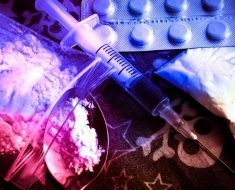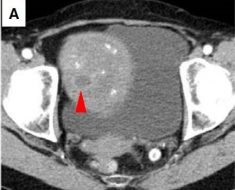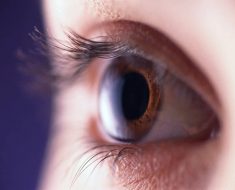
Researchers showed that 20-50% of patients developed an irregular heartbeat that required defibrillation during the active cooling phase of therapeutic hypothermia following an out-of-hospital cardiac arrest. Only patients with cardiogenic shock developed malignant arrhythmias (MA), and the use of epinephrine in the context of intense cooling may increase the incidence of MA in patients with shock after cardiac arrest, as reported in Therapeutic Hypothermia and Temperature Management.
The article entitled “Malignant Arrhythmias During Induction of Target Temperature Management After Cardiac Arrest” was coauthored by Christoph Adler and colleagues from University of Cologne and Ev. Klinikum Köln, Weyertal, Cologne, Germany. The researchers designed a study to identify predictors for the development of MA in patients with non-traumatic shock following out-of-hospital cardiac arrest. Risk factors for MA included a faster temperature decline and lower serum potassium levels during the cooling period. Nearly half of all patients developed ventricular tachycardia and 20% experienced MA during the first hours of hospital treatment, when the active cooling took place.
Source: Read Full Article





